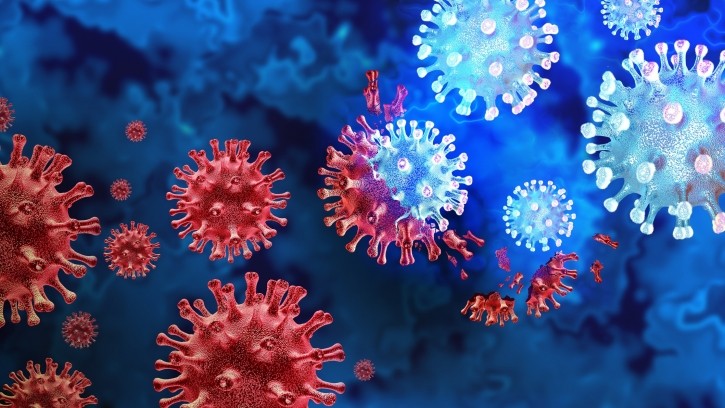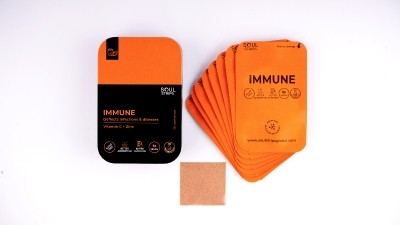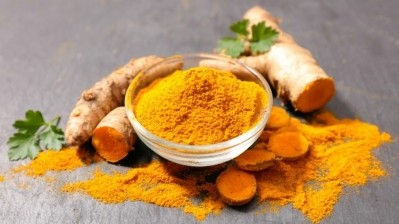Probiotic L. reuteri intake found to significantly increase H. Pylori bacteria eradication rates – Malaysia RCT

A four-week administration of probiotic Lactobacillus reuteri DSM 17648 was found to significantly increase the eradication rates, assessed with a C urea breath test, for the probiotic group (p=0.007).
Significant results were also noted for pre- to post-treatment symptoms, elicited through the gastrointestinal symptom rating scale (GSRS), with the probiotic group experiencing less indigestion (p=0.026), constipation (p=0.007), abdominal pain (p=0.007), and constipation (p=0.023) than the placebo group.
The frequency of adverse treatment effects such as headaches (p=0.012) and abdominal pain (p=0.026) was also significantly fewer than the placebo group.
The results were based on a randomized, double-blind, placebo-controlled trial conducted on 90 Helicobacter pylori (H. pylori)-positive patients from January 2021 to January 2022.
The study, placebo and probiotic capsules were funded by Y.S.P Industries (M) Sdn. Bhd, Kuala Lumpur, Malaysia.
Study design
Participants were randomly assigned into the probiotic group (n=45) and placebo group (n=45).
All participants would receive the standard triple therapy – first-line therapy for L. reuteri patients – for two weeks, followed by receiving either the probiotic or placebo for four weeks.
The study used the probiotic Pylobalance®, a single L. reuteri DSM 17648 strain, that contained four billion colony-forming units (CFUs). The placebo capsule contained corn starch with 0.12% of iron oxide yellow. Both were packaged as capsules indistinguishable of appearance and flavour.
Participants were instructed to take one 200mg capsule once daily in the morning after a meal for four weeks.
Measurements include C urea breath test taken at week 8 to assess to post treatment eradication rate, GSRS questionnaire to assess the associated gastrointestinal symptoms and an interview on treatment adverse effects. The latter two measurements were taken at baseline and at the end of the therapy.
Difference between single and multiple strains
The researchers reported several mechanisms at work explaining the probiotic’s effect on H. pylori.
“The coaggregation of probiotics and H. pylori impairs the adhesion of the bacterial pathogen to the gastric mucosa, clearing it from the stomach.23–26 The ability of L. reuteri to coaggregate with H. pylori without interfering with the original commensal microflora helps to preserve a stable gastric microecology. This characteristic helps to reduce gastrointestinal symptoms associated with the H. pylori pathogen.
“The probiotic also has antimicrobial properties due to short-chain fatty acids derived from lactic acid, hydrogen peroxide, and the bactericidal substance reuterin, which directly inhibits H. pylori survival and proliferation.
“Regulating the immune response, improving the gut mucosal barrier, and producing cell-surface proteins to competitively inhibit H. pylori binding are among several other mechanisms being proposed to ameliorate the H. pylori pathogen effect in previous studies.”
The paper also posited its preference for a single-strain probiotic to eradicate H. pylori.
Some researchers have hypothesised that in multi-strain probiotics, “different phenotypic efficacy of each strain would exert an inter-strain competitive inhibitory effect, eventually weakening their antagonistic properties toward H. pylori.” However, the research is not conclusive on the significance of the difference.
The study is limited by the lack of accurate representation of the Malaysian population as a single-centre clinical trial, younger than 50-year-old participants, and failure to assess important confounding factors such as dietary patterns and social environment.
“The study demonstrated that using L. reuteri DSM17648 as an adjunct treatment for H. pylori infection successfully increases the eradication rate to >90%. In addition, the probiotic improved GSRS scores mainly in indigestion, constipation, and abdominal pain subscales and reduced the incidence of adverse treatment effects,” the paper concluded.
The eradication rate for the placebo group was measured at only 68.9%.
Source: Helicobacter
“Probiotic containing Lactobacillus reuteri DSM 17648 as an adjunct treatment for Helicobacter pylori infection: A randomized, double-blind, placebo-controlled trial”
Authors: Ismail, N.I., et al.
DOI: 10.1111/hel.13017



















